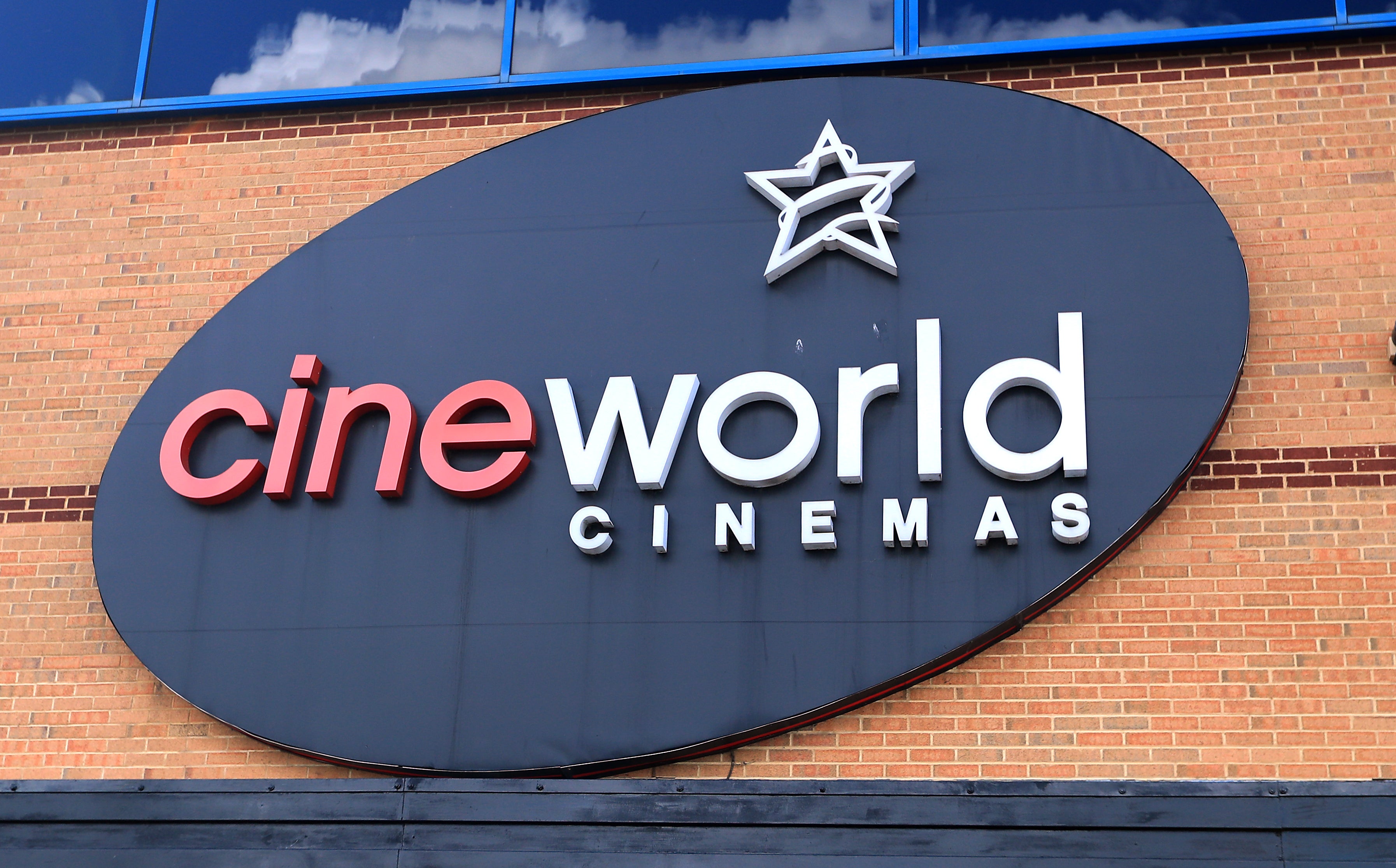Cineworld is facing the opposite of a Hollywood happy ending
The world’s second-biggest cinema chain has confirmed weekend reports that it is contemplating US bankruptcy, writes James Moore


Remember the GameStop share price surge?
Cineworld was one of the stocks that enjoyed a brief moment in the sun after a Reddit-based gang of small traders, which had poured into the aforementioned retailer, turned its attentions to a tranche of other unloved stocks.
They’d all been in the crosshairs of short sellers on Wall Street and in the City, and the movement led to some rich fingers getting badly burned when positions were unwound. There was a ready supply of schadenfreude around when that happened, too.
Today it looks like the sceptics had the right of it with respect to the world’s number-two cinema chain.
London-listed Cineworld has confirmed that the “media speculation” concerning possible bankruptucy that did the rounds over the weekend wasn’t just speculation. Mind you, those unaccustomed to the brutal corporate mangling of the English language in its announcement could be forgiven for questioning what on earth it was on about.
Here’s how proceedings kicked off: “Cineworld is today providing an update to its announcement on 17 August 2022 regarding an evaluation of strategic options to both obtain additional liquidity and potentially restructure its balance sheet through a comprehensive deleveraging transaction.”
In English: “We’ve got too much debt and we need to reduce it. To do that we might need a chapter 11 bankruptcy filing in the US and similar moves in other territories.”
Others suggested an even shorter translation: “We’re screwed.”
So what’s the company’s excuse – sorry, explanation – for this sad state of affairs?
Last week, when the chain first started talking about that “comprehensive deleveraging transaction”, it complained that “recent admission levels have been below expectations”.
This represented a marked change in tone from the preliminary results in March, when Cineworld gushed about “strong trading in Q4 supported by a strong film slate and pent-up demand for affordable out-of-home entertainment”.
It’s certainly true that things haven’t been going so well at the box office of late.
Last week’s weekend results from the UK, the group’s second-biggest market, were the stuff from which horror movies are made. Appropriately enough, the top performer was (sort of) from that genre, in the form of Jordan Peele’s Nope, which managed £1.8m in ticket sales. It was the sole seven-figure film.
In comparison, the equivalent weekend from 2019 boasted five, with Quentin Tarantino’s Once Upon a Time in Hollywood leading the way at £7.5m.
However, it’s dangerous to draw firm conclusions from individual weeks, which inevitably tend to be choppy, especially at a time when release schedules are still being regularly chopped and changed as a knock-on effect of the Covid pandemic.
Better to look at the year-to-date numbers. They tell a more nuanced story. The UK box office is down 22 per cent on 2019 and 25 per cent on 2018. According to Comscore, the North American (US and Canadian) box office was 30 per cent below 2019 pre-pandemic levels at the beginning of July.
That isn’t great, but given the industry-wide shake-up wrought by Covid – and remember, that hasn’t gone away – it could be a lot worse.
Cineworld’s real problem is that it has a £4bn debt pile, which would be a challenge to manage even if the sun were shining on the sector, like it was when people were falling over each other to see Avengers: Endgame and Marvel executives were trying to find ways to extend its life with a view to beating Avatar’s record haul (as they ultimately did).
Cineworld also has the small matter of an adverse Canadian court ruling over the botched acquisition of rival chain Cineplex, which it pulled out of last year. That’s another (potential) C$1.2bn (£800m) headache. That case is currently in the appeals process and Cineworld denies any wrongdoing.
Chief executive “Mooky” Greidinger produced some movie magic during the pandemic, with a plot featuring covenant waivers and convertible bonds, among other things. The wolves howling at the door were kept away.
This time they’re scenting a meal. Chapter 11 bankruptcy in the US “and associated ancillary proceedings in other jurisdictions” might officially be just one potential course on the menu of strategic options, but it looks all but inevitable.
The end game for this drama probably won’t leave much popcorn for the group’s existing shareholders, regardless of when they bought in. That the Greidinger family are among the biggest won’t serve as much comfort.
It’s reasonable to assume that the number of outlets welcoming guests will ultimately be reduced as well, in a future that seems set to contain as many spills as it does thrills.






Join our commenting forum
Join thought-provoking conversations, follow other Independent readers and see their replies
Comments